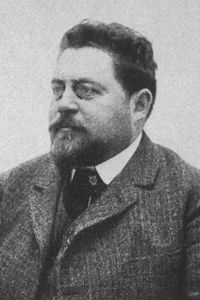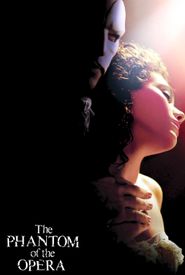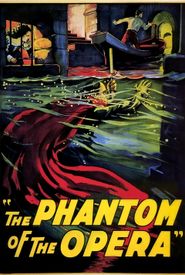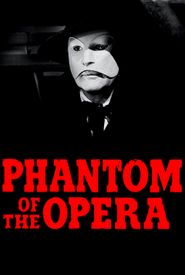Gaston Leroux, a native of Paris, France, was a multifaceted individual, exceling as a poet, journalist, and novelist. His creative output is characterized by numerous horror stories, including "Rouilable", "The Haunted Chair", and "The Wax Mask", but it is his iconic novel "The Phantom of the Opera" that has cemented his legacy.
Published in 1908, "The Phantom of the Opera" is a masterpiece that tells the tale of a disfigured man who dons masks and capes, and terrorizes the Paris Opera House while harboring an unrequited love for the leading lady. The novel is deeply personal, drawing inspiration from Leroux's own experiences as a journalist in the late 1800s.
During his early years, Leroux spent considerable time at the Paris Opera House, watching performances and developing a profound appreciation for the works of Charles Gounod, particularly his opera "Faust". The story of a man who sells his soul to the devil resonated deeply with Leroux, and he combined the themes of "Faust" with the chandelier incident that occurred during a performance, to create the haunting narrative of "The Phantom of the Opera".
The novel's success was immense, and it has since been adapted into numerous films, including the 1925 silent film starring Lon Chaney, which impressed Leroux greatly. The novel has undergone five feature remakes, with the most recent being Joel Schumacher's 2004 film, produced and cast by Andrew Lloyd Webber, featuring Gerard Butler, Emmy Rossum, and Patrick Wilson.
In addition to its cinematic adaptations, "The Phantom of the Opera" has also been transformed into a major London and Broadway stage musical by Andrew Lloyd Webber. This enduring tale has captivated audiences for generations, and Gaston Leroux's legacy will forever be tied to the iconic character of the Phantom.






























